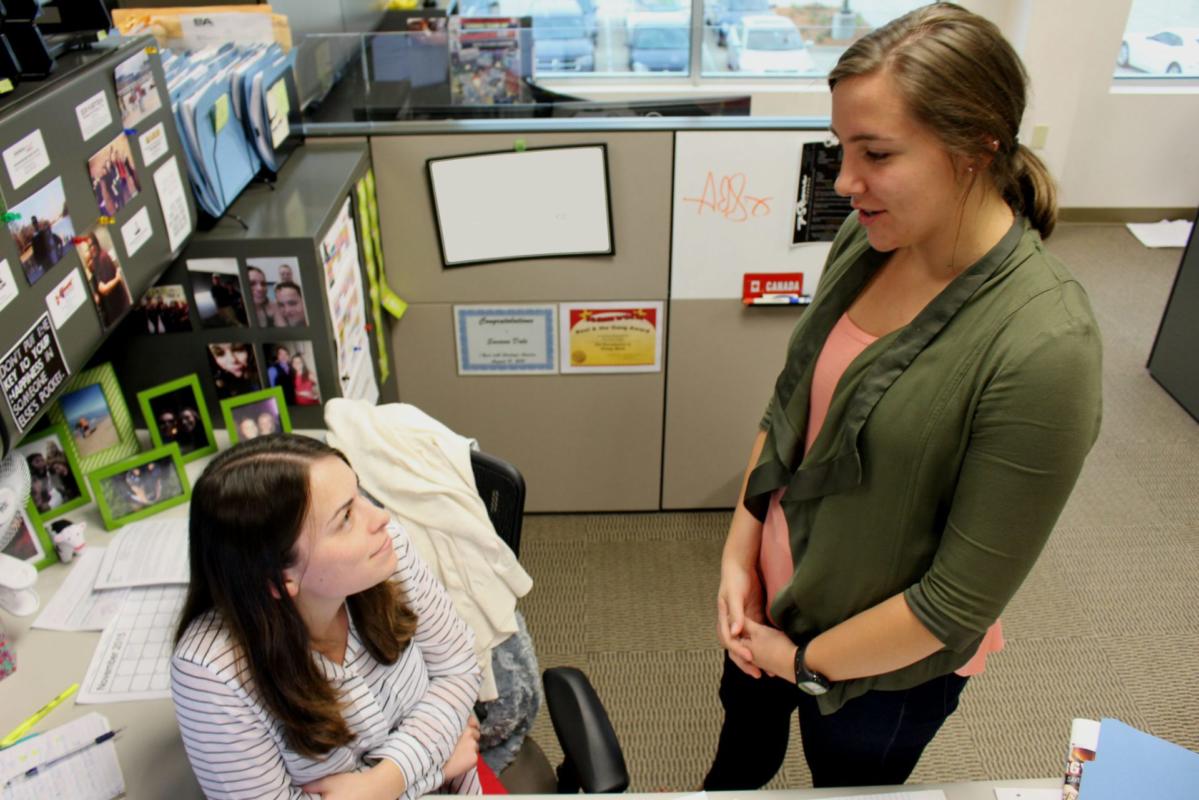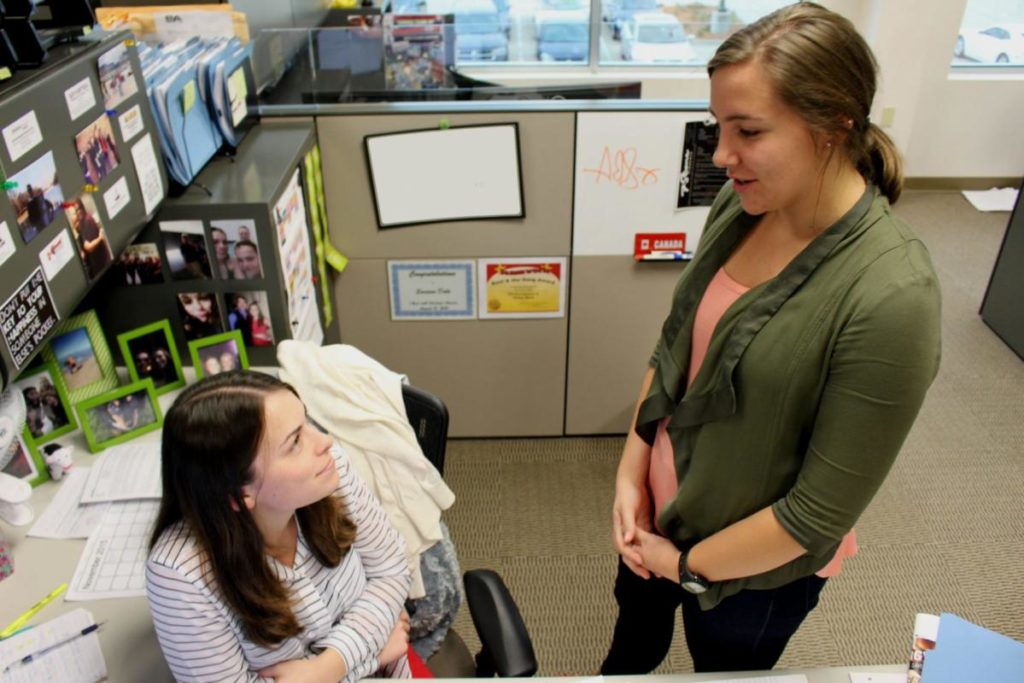
Listen Up! – Covey’s Fifth Habit

In our efforts to Find a Better Way, Strategic Americans all attend Franklin Covey’s The 7 Habits of Highly Effective People workshop. Over the next few months, you’ll hear about each of the seven habits from a different SA associate.
To be fair, the rules were complicated, as games from the mind of 5-year-old are inclined to be.
“Ok, so we have pumpkin shaped tickets and little green tickets, and we can use those to buy books, salty snacks or doll clothes?”
“Dad, you’re not listening.”
“I might have added salty snacks for my own benefit.”
“Dad, it’s not about what you can get with the tickets. It’s about being good so that you can earn tickets for doing good things and being nice.”
If she had been holding a microphone, she definitely would have dropped it right there.
Leave it to a 5-year-old to school me on the art of listening and to remind me of the 5th habit in Franklin Covey’s The 7 Habits of Highly Effective People® – Seek First to Understand, Then Be Understood®. The main tenet of the habit revolves around the importance of genuine, empathetic listening. Not just hearing what someone says, but actually listening to the meaning behind the words.
As Dr. Covey posits, “most people do not listen with an intent to understand; they listen with an intent to reply.” Often times we are so preoccupied with interjecting our opinions from our own frame of reference that we fail to be empathetic to the other person’s frame of reference.
I think all of us struggle with this to some degree. We’re listening to someone speak, whether it’s a client, a spouse, a friend or a 5-year-old, and we begin to formulate our response before the other person is even done speaking. How many times have you been talking to someone about a problem and their first response is something along the lines of, “Oh, I know, one time I was…”? The conversation abruptly shifts and becomes about them, using their own point of reference.
This isn’t empathetic listening and in fact, represents a selfish and self-serving point of view. We’re quick to evaluate, probe or advise others from our frame of reference, but when we do that, we’re not truly understanding the other person’s needs.
To be able to achieve understanding, there needs to be a strong level of trust. Trust that comes that from mutual understanding, which requires empathic listening. It’s a skill set that needs to be practiced, and it can be a scary thing, as it requires a certain amount of vulnerability for both parties.
Now, empathetic listening isn’t just about agreeing with the other person and nodding your head thoughtfully while they talk. It’s about trying to understand the deeper message that they’re trying to convey. Picking up not just on verbal cues, but how they’re saying it, their body language, and the meanings behind the words.
Give them your undivided attention. Rephrase what they are saying and reflect on the feeling, in order to show them that you heard not only what they said, but the message behind it. Once the other person sees that you’re really listening, they’ll open up more. They’ll ask for your opinion, your input and your advice, which you so desperately want to give. But only after that trust has been established through empathic listening.
Last week, on the eve of our anniversary, my wife looked at me incredulously and said, “Well, you don’t have to get me flowers…” her voice trailing off.
Suffice it to say, the next day, I made sure there was a big bouquet of flowers waiting for her when she got home.
It takes some effort, but I’m learning.



